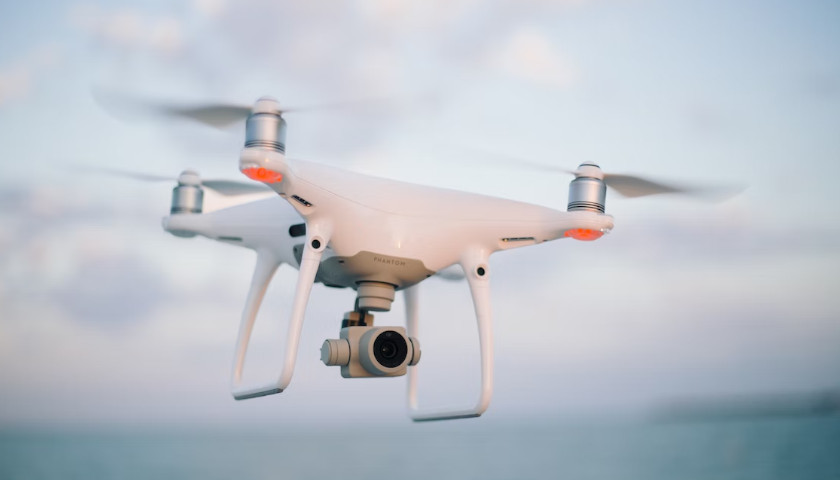by Charlotte Hazard
Georgia Republican Rep. Austin Scott (R-GA-08), a new member on the House Intelligence Committee, hopes the panel will investigate efforts by unfriendly foreign powers to insert themselves into U.S. food and technology supply chains.
“One of the things that I expect us to look into, and hopefully look into, is where our adversaries have embedded themselves in the supply chain of basic necessities for Americans,” Scott said on the John Solomon Reports podcast.
“I talk about food a lot, because it’s one of the things that we have to have to get through the day,” Scott explained. “What are our adversaries doing in buying up technology and embedding themselves into areas where you have constraints in seed supply or chemical supply, for example? There’s also potential control over transportation and infrastructure.”
Some U.S. governors have already taken action. South Dakota passed a law four decades ago banning foreign ownership of most farmland in the state, but Republican Gov. Kristi Noem told Just the News last month that she is searching for ways to block Beijing from making end-runs around that state ban via long-term rentals.
“I’m reexamining that,” she said, “and looking to bring legislation that will not only address purchasing of land, but also make sure that those who hate us and other foreign entities can’t have long-term leases, that they can’t come in and lock up land for an agenda that isn’t good for these people that live here in South Dakota, but also our country.”
Another step governors have been taking to shield the U.S. from malign foreign influence is banning Chinese-owned TikTok from government-issued devices due to security risks and privacy concerns. Virginia, South Dakota, Georgia, Louisiana and Tennessee are among the states taking such action against the wildly popular social media app owned by Beijing-based tech giant ByteDance.
“TikTok and WeChat data are a channel to the Chinese Communist Party, and their continued presence represents a threat to national security, the intelligence community, and the personal privacy of every single American,” Virginia Republican Gov. Glenn Youngkin said in a statement. “We are taking this step today to secure state government devices and wireless networks from the threat of infiltration and ensure that we safeguard the data and cybersecurity of state government.”
– – –
Charlotte Hazard is a reporter at Just the News.
Photo “Austin Scott” by U.S. House Office of Photography. Background Photo “Port” by Samuel Wölfl.





